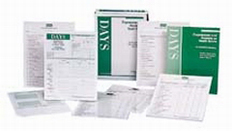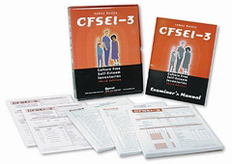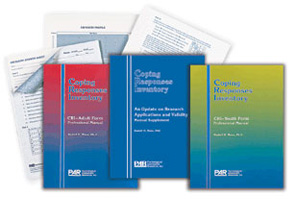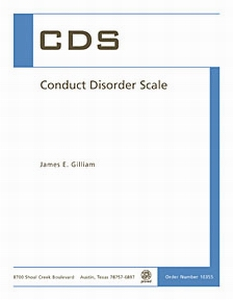Depression-_-Anxiety-in-Youth-Scale-_DAYS_
Ages: 6 through 18 yearsTesting Time: 30 minutesAdministration: Individual The DAYS is a unique battery of three norm-referenced scales useful in identifying major depressive disorder and overanxious disorders in children and adolescents. The primary theoretical frame of reference for the scales is the Diagnostic and Statistical Manual of Mental Disorders-Third Edition, Revised (American Psychiatric Association, […]






